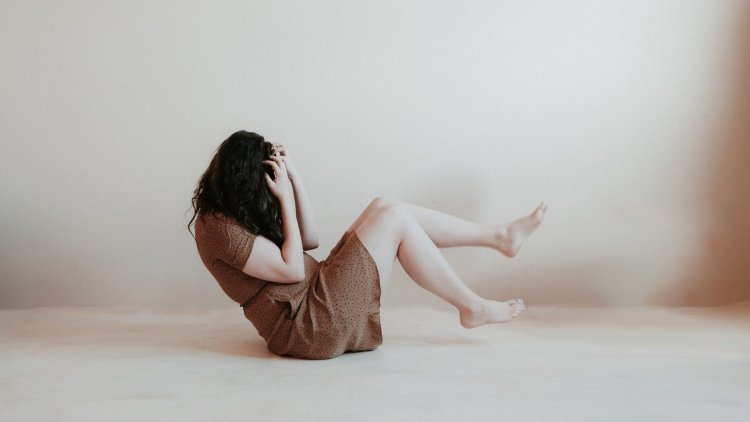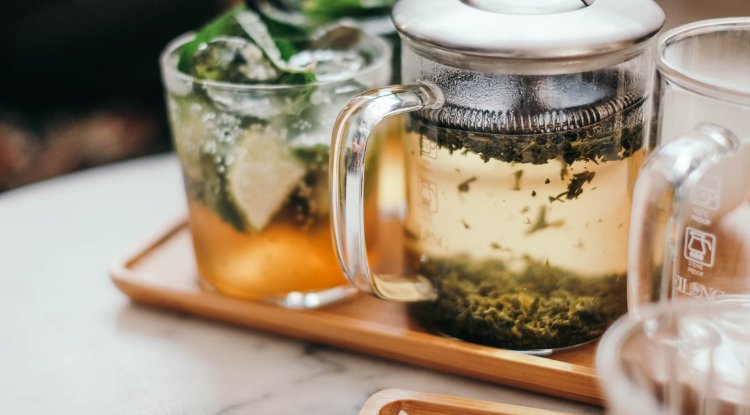Five simple moves can reduce anxiety!
As anxiety is often increased or even caused by our imagination, we can help ourselves and use the power of imagination to reduce it.

Research shows that our imagination is effective in reducing anxiety or worry. As anxiety is often increased or even caused by our imagination, we can use the power of imagination to reduce it.
What is anxiety?
Fear, an unfamiliar feeling in us that does not fade and that does not allow us to cope with normal life situations such as going to work, meeting new people, or any new stressful situation has its name. It is anxiety or worry that can turn everyday life into a real battle.
Except for drastically affecting actions that to others seem to be the most normal thing in the world, a person’s anxiety also falls hard on their loved ones. However, too little attention is paid to this mental illness, and the adjective “anxious” is often misused.
We talk about the anxiety that someone feels when he thinks that his entire life situation exceeds his abilities. In other words, a person is anxious when they think that they are unable to cope with life's difficulties. This usually lasts for a long period of time, and this feeling is tied to the future.
It can come out when we are breaking up for example, and we can’t even imagine what our future will look like without that person. It also happens when we become parents, when we lose a job or a family member.
But even in such situations, our imagination can have a big impact on how we feel.
How to reduce anxiety?
We will suggest several techniques that use our imagination and senses to calm the anxiety.
1."Inflate" the balloon
Imagine a balloon inside your belly a few inches below the navel. Inhale slowly as you count to three and imagine the balloon expanding. Then exhale slowly and imagine the balloon blowing out. Repeat this a few times, and when you feel relaxed, keep your eyes closed and imagine a beautiful place you’d love to be, whether you’ve been there in the past or not. Visualize. Is it by the sea, on a remote island, on top of a mountain, in a forest, or somewhere else?
What sounds can you hear there? The sounds of animals, water, wind, someone's voice, or something else? What can you feel? The smell of the ocean, a floral scent, or something else? Spend two to three minutes like this and open your eyes.
2. Imagine your dream day
Close your eyes and imagine what your dream day would look like. What would you do? Where would you be? Visualize the details of your fantastic day as if it is happening right now and take the time to enjoy those details. Visualizing the “impossible” will make this possible in your brain and will alleviate the feeling of anxiety.
3. Move your body
When we feel anxious, it can affect the whole body. It begins to spread in the chest, then towards the arms, and in some cases the whole body. That feeling has to come out of us, and moving the body is the best way to do it. Imagine a dance or movement that relaxes you. What would that be? Investigate these different movements and find out which one works best to reduce your anxiety. It can be running, going to the gym, yoga, pilates, or just stretching your muscles.
4. Imagine your happy color
What color are the clothes in which you feel at your best? What colors predominate in your home? What color items always attract your attention in the store? The answers to these questions will help you understand what your happy color is. When you feel anxious, try to imagine yourself in a room of that color. Take a deep breath and exhale as that color envelops you in your mind. Repeat several times.
5. Reach out for music
Imagine a song or rhythm that relaxes you. What notes do you feel best with? Put a special folder with such songs on your mobile phone so that it is at hand when you feel anxiety. Put on your headphones and breathe deeply for a few minutes.
If none of these tips help, or if your anxiety is growing every day, be sure to seek professional help. You can contact the day psychiatric wards of your county hospital or seek the help of a private psychotherapist or psychologist.




























